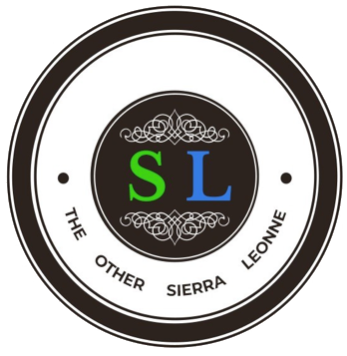SIERRA LEONE
The name Sierra Leone
The name Sierra Leone dates back to the year 1462 when the Portuguese discoverer, Pedro Da Cintra discovered the peninsular mountain when he sailed along the west coast of Africa. Some say he named the peninsula, ’Sierra Lyoa’ (Lion mountain), after what he thought was the roar of lions on the mountains. Other say, it was the shapes of the mountain that influenced the name. An English sailor later changed the name to ’Sierra liona’, which later became Sierra Leone.
Earlier on, African clans’ people had lived in the forests where they were said to have been protected by the mountains on one side and the ocean on the other side. They were presumably the fore fathers of the Limba people, the oldest tribe in Sierra Leone. There existed the coastal tribe of the Bullom (Sherbros), the Temne, the Mende, Loko and so on.
After Pedro Da Cintra’s discovery, foreign influence in the region, through commercial activities between the local people increased. In 1672 the British establishes the Royal African Company commercial centre on Bunce Island and York. This started the trade in humans, which later became the slave trade. Bounce Island became one of the main transit points for the transshipment of African slaves to Europe and the Americas.
British Colonialism
Britain abolished slavery and established a marine base in Freetown. The city became a settlement for freed slaves in 1787 and Freetown was named the ’Province of Freedom’. In 1792, 1200 freed slaves from Nova Scotia were reunited with a number of Maroons. Freetown became a British crown colony in 1808, and trade between the Indians and the settlers started. This paved the way for British expansion of further territories. And, Freetown was later declared a protectorate in 1896.
During the British rule, Sierra Leone was used as a centre of administration for other colonies along the west coast of Africa. Fouray Bay College was established in 1827, and was then the first college for higher education in sub Saharan Africa. English speaking Africans came to Sierra Leone to obtain higher education, and Sierra Leone was dubbed the ”The Athens of Africa” for it early practice in medicine, lag etc.
Sierra Leoneans revolted many time against British colonialism, and the country was later granted her independence on the 27 of April 1961. During the first Prime Minister, Sir Milton Margai, the newly independent Sierra Leone became parliamentary rule. But, in 1971, the country became a republic. A civil war broke out in 1991 and Sierra Leone was plunged into her darkest period. Peace was restored in 2002 and the country since then become a force to reckon with in the region

